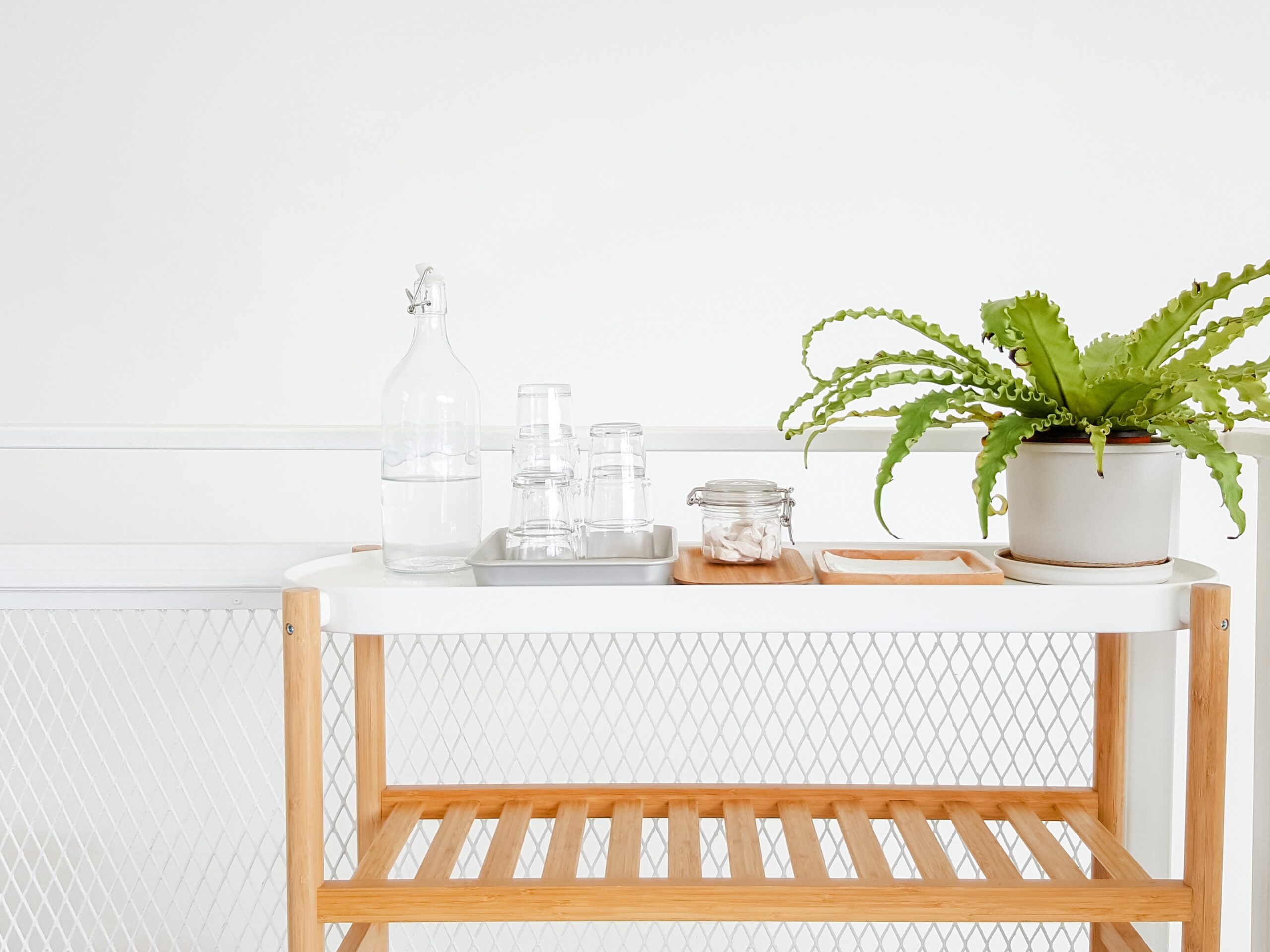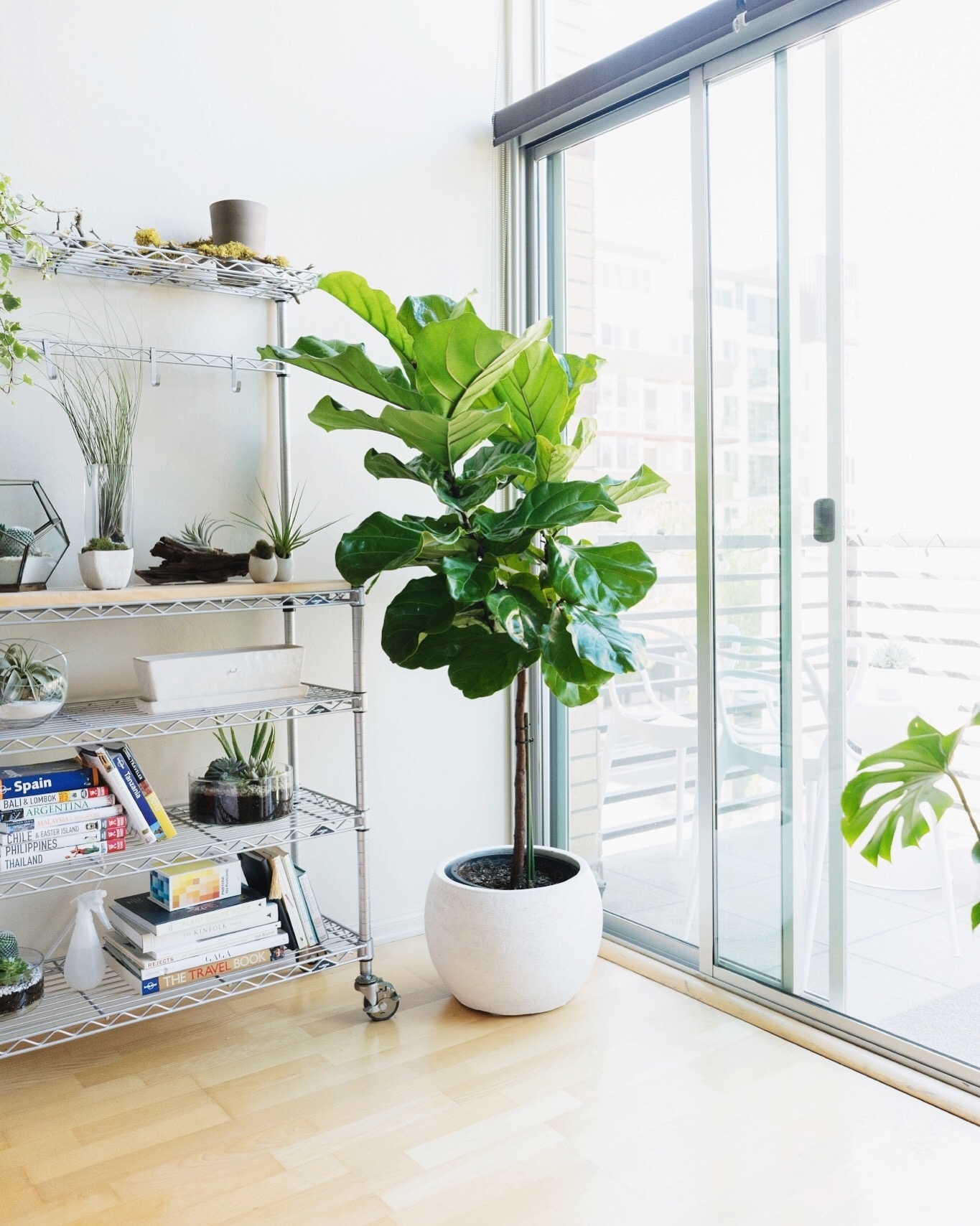PSA: Your Addiction to Indoor Plants is Actually Beneficial
So, go ahead, keep collecting those plant babies
You’ve seen those Instagram accounts, the ones with the cute little plants sitting perfectly near the window basking gently in the rays of sunshine streaming through the window. Maybe you’ve even secretly wished that your house looked like that (I know I do!). Ah, how picture-perfect would your place be if you could just master that art of indoor plants. Well, guess what? You can! If you’re a wanna-be plant lady like me, you might remember that we have our trees to thank for the clean air we breathe! There’s been a lot of research done about how the plants have positive effects on our health.
Why are indoor plants AH-mazing?
Studies have shown that in a controlled setting, potted plants can reduce the total number of volatile organic compounds (VOCs), or gases that are released into the air by detergents, paints, printers, and even air fresheners indoors, by 75% (1). VOCs can have both short and long term adverse health effects and there are consistently higher concentrations of VOCs indoors than outdoors. In addition to VOCs, indoor plants can also remove carbon monoxide and carbon dioxide, two gases that are toxic in high doses, and in the case of carbon dioxide, decreases productivity over a work day. It’s important to note that these studies were done in controlled environments and there’s less evidence of this happening in a home or office setting. But there are lots of other reasons to love plants too!

Why should you head to your nearest plant shop ASAP?
Indoor plants can help reduce stress! Gardening has been proven to boot your mood, and you’ll feel awesome about keeping a living thing alive and happy. Indoor plants are perfect for apartment-dwellers who don’t always have access to private outdoor space! You can also plant herbs to create your own indoor garden! Your dinner will feel extra special with ingredients your grew yourself. In even better news, these babies work equally well with or without AC and in the light or dark. Potted plants are portable, attractive, low-cost and can be used in virtually any building setting to brighten up a room and increase productivity. Pretty plant-tastic if you ask me!

Wait, so which ones should I buy?
We’ve got you covered. Here are some that were used in a study on indoor air quality and house plants conducted by NASA. We’ve even included some information about each plant to help you decide which one is best for you, so whether you’ve got a green thumb, or not, you can still make your home a greener place (4)!
- Peace lily: Toxic to cats and dogs
- Type: Usually a floor plant as it can grow to be three feet tall
- Maintenance: requires very little light and minimal watering
- Type: Usually a floor plant as it can grow quite large, seasonal plants (not a year-round house plant)
- Maintenance: Requires a lot of sunlight and water
- Kentia Palm: safe for dogs and cats
- Type: Usually a floor plant, can grow between 5-12 feet tall
- Maintenance: Requires indirect light and minimal watering
- Devil’s Ivy: toxic to dogs and cats
- Type: Can be a window sill plant, grows out instead of up
- Maintenance: Thrives on little light and minimal watering
- Umbrella tree: Toxic to cats and dogs
- Type: Usually a floor plant
- Maintenance: Requires repotting every few years, minimal watering and indirect light
For the best results, try to have at least one plant per 100 square feet. A note to our pet owners out there, some of these plants suggested may be harmful to cats, dogs and other pets. Although we’ve included a little bit of information here, don’t forget to double-check that they’ll be safe for everyone in the household! So, what are you waiting for? Head to your nearest plant store now and rejoice in the fact that redecorating your home now means making it a happier place for everyone! Oh, and don’t forget to snap that perfect pic for your next Instagram post.
References
- https://www.epa.gov/indoor-air-quality-iaq/volatile-organic-compounds-impact-indoor-air-quality
- https://ntrs.nasa.gov/archive/nasa/casi.ntrs.nasa.gov/19930073077.pdf
- https://www.ncbi.nlm.nih.gov/pmc/articles/PMC3230460/
- https://www.proflowers.com
- https://www.aspca.org/pet-care/animal-poison-contr…
